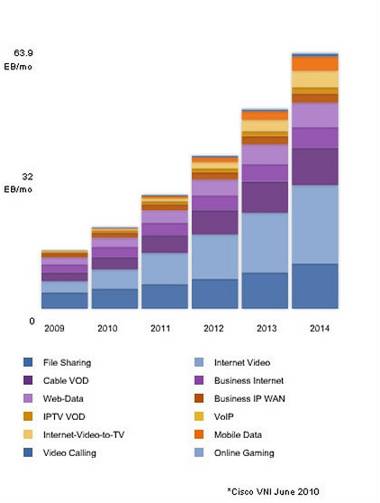Last night I participated in a meeting at the British Library chaired by Eric Joyce MP discussing the effect of the Digital Economy Act on Public Intermediaries, ie libraries, educational establishments, local authorities etc.
The initial rollout of the DEAct is as we know targeted at the 5 ISPs with over 400,000 subscribers. There is however no guarantee that this position will not change once the implementation phase is over especially if it is seen that customers rush to the apparent high ground of smaller ISPs. The concern amongst the above referenced institutions is that it will encumber them with enormous costs.
To bring things into perspective the University of London has 135,000 students. It won’t take a huge lowering of the 400,000 threshold to bring them into scope. Also the definition of who comes into scope is somewhat vague. The University might be described as both ISP (it provides a service and allocates IP addresses), a subscriber (it takes services off another ISP – JANET) and a Communications provider. The latter would leave them out of scope but the first two brings them in.
Ofcom has yet to publish the updated version of the DEAct Code of Practice and we are therefore still in the dark. Ofcom also declined to attend last night’s meeting. The regulator is late delivering the CoP.
The big philosophical problem is that the Act was constructed with the basic assumption of a simple relationship between ISP and consumer. One sells broadband services that the other buys. In the case of the University a notification letter suggesting that their IP address has been identified as “the culprit” in copyright infringement could point to any of their 135,000 students and even then might be wrong.
With the highly mobile nature of a student it would be nigh on impossible for the university to introduce the same tracking systems that serve ISPs and thus be able to maintain records of who might have been the infringer. It has been estimated that the introduction of mitigation measures such as filtering would result in an annual cost of £8m (excl staff) notwithstanding the fact that these measures would probably involve P2P blocking – Universities are big users of P2P for legitimate purposes. My own guesstimate of implementation costs for the University of London alone would be in the region of £500k up front plus a recurring annual maintenance and support charge.
One 94 Group university has estimated that even excluding any IT staffing time, the cost of the appeal process for a single university could be as high as £40,000 pa, at a rate of one notification per 400 students. At a national level that would equate to £32 million per annum.
The same problems apply to other Public Intermediaries. The complexities of narrowing down the location and offending PC to a specific user present a challenge disproportionate to the notional benefit. This is at a time when the Government is cutting down funding available to such institutions. This must surely weigh heavily against the inclusion of Public Intermediaries within the scope of the Act. It is at the very least a political contradiction.
Note the estimated Government figures for costs to industry of implementing the DEAct are as follows:
- Cost (upfront) to ISPs (annualised): £8m per year
- Costs (ongoing) to ISPs: £8-25m per year
- Annual average costs to mobile operators: £19m per year
- Annual costs of sending CIRs: £3m per year
The BT/TalkTalk submission as part of the request for Judicial Review suggested that the real costs were more in the region of £100m pa excluding the potential costs of implementing website blocking and other technical measures.
Assuming that the threshold will be lowered the total cost of implementing the Act could run into hundreds of millions of pounds a year, 75% of which, as it stands, would have to be paid for by the Rights Holders.
Hmm.
 I’ve just been on the Pirate Bay website. It looks decidedly dodgy. Ads for pornography and flashing boxes inviting you to “fix it now”. Not been on it before. Thought I’d do so before the court order kicks in.
I’ve just been on the Pirate Bay website. It looks decidedly dodgy. Ads for pornography and flashing boxes inviting you to “fix it now”. Not been on it before. Thought I’d do so before the court order kicks in.





